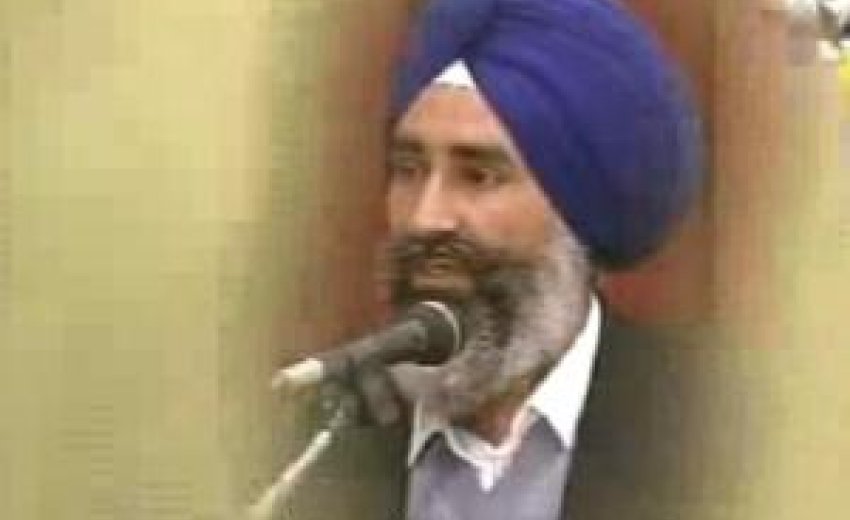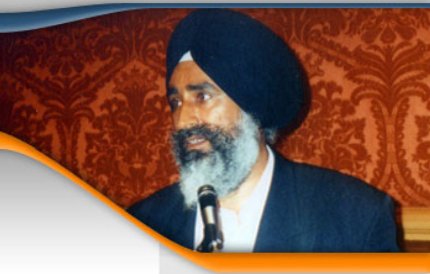|
A Candle in the Darkness: The Legacy of Jaswant Singh Khalra
In a speech delivered by Khalra at a Sikh Temple in Canada, just months before his abduction, he stated that he had discovered 6,017 bodies which had been illegally cremated in three towns in the Amritsar district. Many of those who had been illegally cremated were still being waited upon by their families’ years after suddenly disappearing. Khalra’s hard work was instrumental in a petition being filled in the Supreme Court concerning the fate of those who had “disappeared”. This petition had led to the Supreme Court of India instructing the National Human Rights Commission (NHRC) to investigate widespread allegations of human rights violations in Punjab. Khalra, who was also the General Secretary of the Human Rights Wing of the Shiromani Akali Dal, openly declared the Director General of Punjab Police KPS Gill, as the mastermind of the enforced disappearances that occurred in Punjab. However no action was taken against Gill despite the numerous evidences against him and he continues to be a free man till today. On the 6th September 1995, Jaswant Singh Khalra was picked up by the Police outside his house and taken away. What happened to Khalra after that was unclear until 2005, when a former special constable named Kuldeep Singh gave evidence in court. Kuldeep Singh claimed that Khalra was kept in illegal confinement at the house of a Police Superintendent named Ajit Sandhu in Tarn Taran district. Sandhu was later indicted of his involvement in Khalra’s disappearance and shot himself before he could be arrested. Kuldeep Singh in his statement to the court also claimed that the Director General of Police, KPS Gill had visited Khalra whilst he was being illegally confined. Giving a lengthy deposition, the former Special Constable said he was responsible to give food to the imprisoned Khalra, usually after the human rights activist had been tortured by senior officers. Finally at some point in the last week of October 1995, Khalra was shot dead. Kuldeep alleges that Khalra’s body was then dumped into a canal. During all this time, the Police continued to deny that they had arrested or picked up Khalra. It wasn’t until mid-1996 when the Supreme Court of India ordered a Central Bureau of Investigation inquiry into the disappearance of Jaswant Singh Khalra. The inquiry found evidence of police involvement in the disappearance of Khalra and recommended the prosecution of nine police officers for the kidnap and murder of the Human Rights activist. In 2005, six police officers were sentenced to life imprisonment for their involvement in the case. On appeal, one police officer had his conviction quashed and was released. However, despite heavy evidence, the former Director General of Police KPS Gill, was not charged. Jaswant Singh Khalra led the campaign against Human Rights abuses in Punjab and fought against death threats and intimidation from the authorities to achieve justice for those who had been ill served. Like his grandfather who was a leading activist of the ‘Ghadar movement’ which fought against the British Raj for India’s independence, Khalra was the luminary and iconic figure that represented everything a human rights defender should be. Whilst paying tribute to the memory of Jaswant Singh Khalra, I sincerely pray that the work started off by him continues so that we can become fully aware of the extent of the violations which took place and unfortunately continue to take place today in Punjab. - Kirat Raj Singh | ||
|
|


